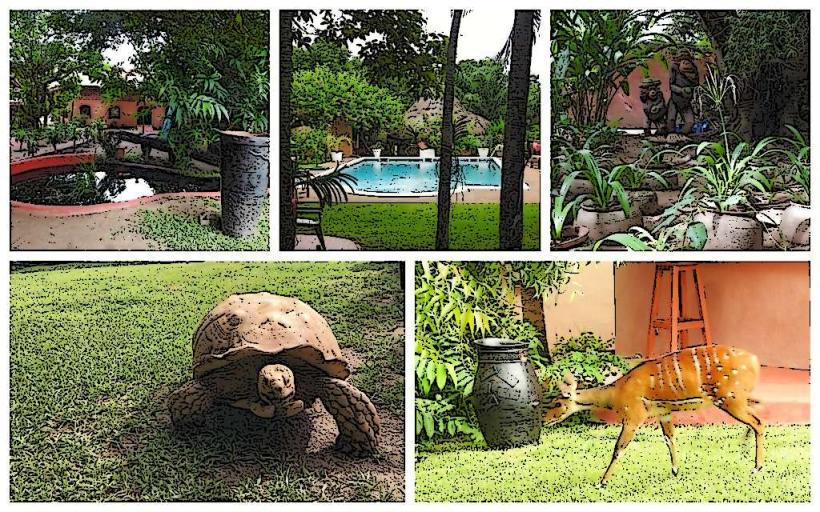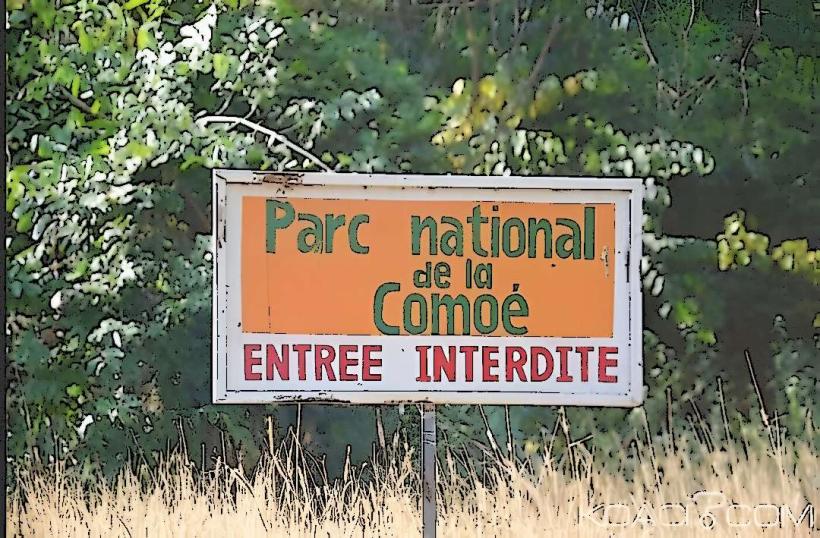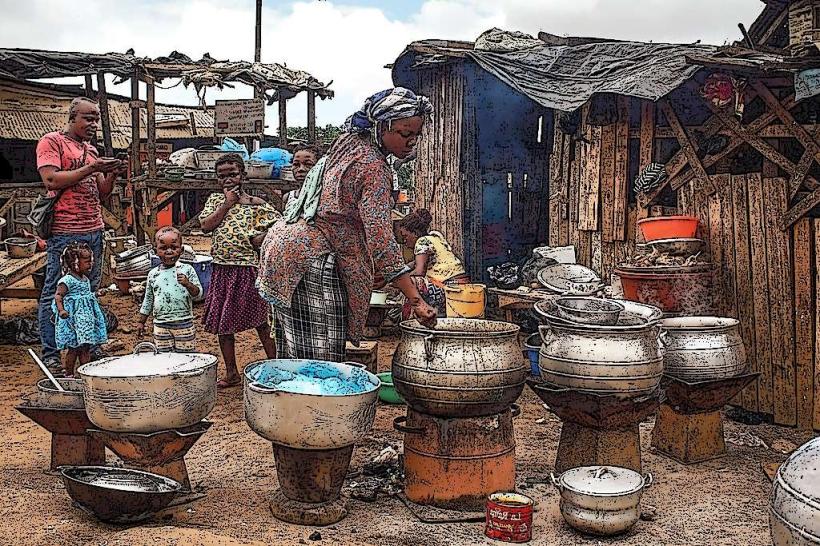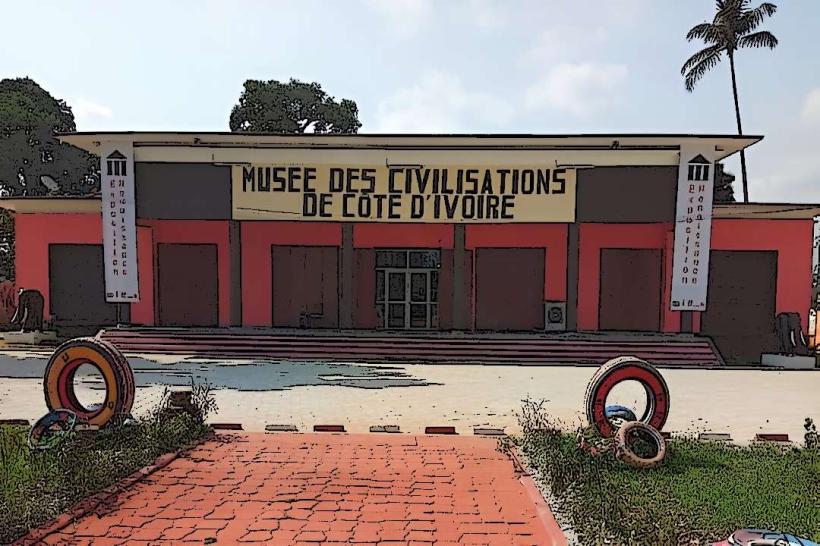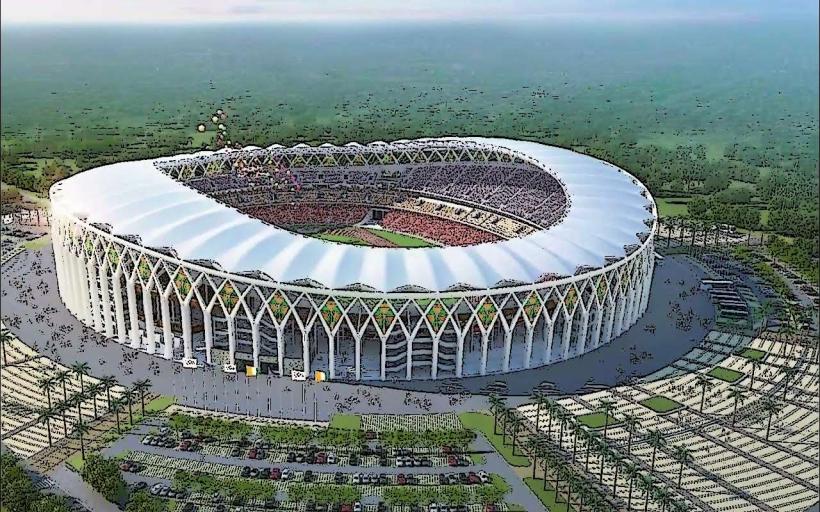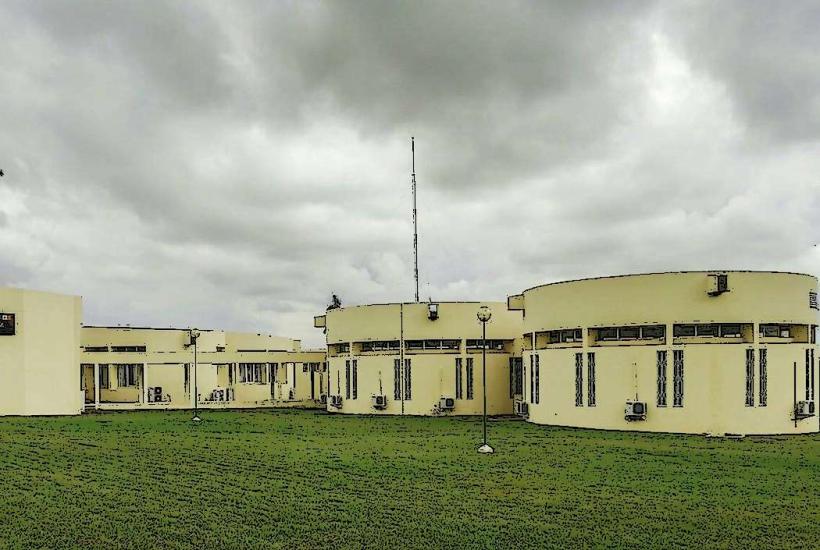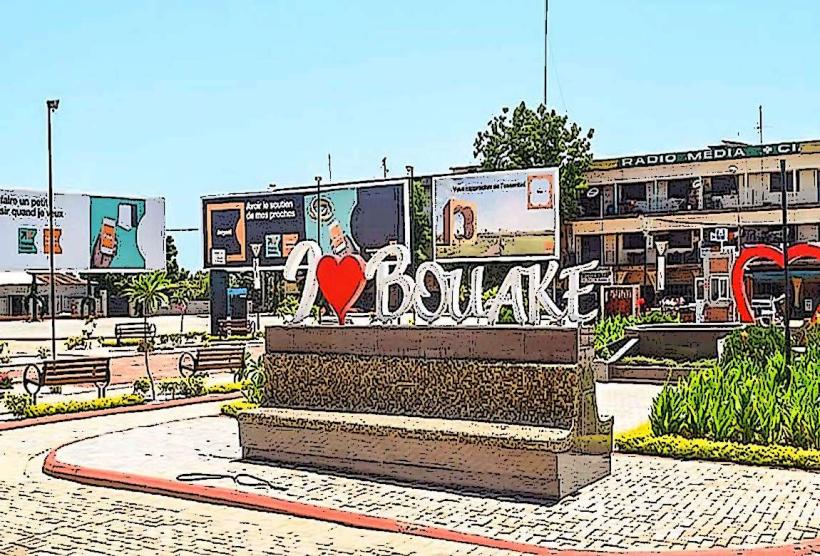Information
Landmark: Bouaké Central Mosque (Grande Mosquée de Bouaké)City: Bouake
Country: Cote d-Ivoire
Continent: Africa
Bouaké Central Mosque (Grande Mosquée de Bouaké), Bouake, Cote d-Ivoire, Africa
The Bouaké Central Mosque (Grande Mosquée de Bouaké) is one of the most important religious and architectural landmarks in central Côte d’Ivoire. It is both a spiritual center for the local Muslim population and a symbol of Bouaké’s diverse cultural identity. Though it is less internationally known than mosques in Abidjan or Korhogo, its size, role, and historical continuity make it highly significant within the region.
1. Historical Context
Construction period: Likely dating from the late 19th to early 20th century, although precise documentation is limited. Bouaké began to grow significantly during the French colonial era as a railway hub, attracting traders, workers, and migrants from various parts of the country and region.
Islamic expansion: The growth of Islam in Bouaké was linked to the arrival of Dioula traders, a Mande-speaking Muslim group whose commercial networks helped spread Islam across West Africa.
The mosque grew as the religious epicenter for this Muslim community and remains so to this day.
2. Architectural Features
The mosque’s architecture is a blend of West African Islamic design and modern urban influences, characterized by:
A large central prayer hall, with arched windows and entrances allowing natural ventilation.
Two prominent minarets, often used for the call to prayer (adhan), which mark the mosque's presence in the skyline of central Bouaké.
Stucco or cement exterior painted in pale tones such as cream, white, or beige, with minimal but elegant decorative features.
A wide forecourt that serves as a gathering space, particularly on Fridays or during major Islamic festivals like Eid al-Fitr and Eid al-Adha.
Interior features:
A mihrab indicating the qibla (direction of Mecca)
Simple but dignified prayer space covered with woven or synthetic carpets
Raised platform (minbar) from which the imam delivers sermons
The mosque can accommodate thousands of worshippers, especially during Friday prayers and Ramadan.
3. Religious and Social Role
The mosque serves as the central gathering place for the Muslim community in Bouaké, which is religiously and ethnically diverse.
It is the site for:
Daily prayers
Friday congregational prayers
Taraweeh prayers during Ramadan
Public celebrations of Eid, with sermons addressing themes of peace, justice, and community welfare
Qur’anic education for children and youth in adjacent madrasas
Community leadership: The mosque’s imams and council often act as intermediaries in local conflicts, advisors on moral matters, and coordinators of charity during times of need (such as food distribution during Ramadan).
4. Cultural Importance
The mosque reflects Bouaké’s urban identity as a melting pot of different cultures and faiths. Though predominantly Muslim, the city is known for religious coexistence, with mosques, churches, and traditional shrines coexisting peacefully.
It is a symbol of continuity and stability, especially during the years of political crisis (2002–2011) when Bouaké was under rebel control. The mosque remained open, functioning as a place of spiritual refuge and moral guidance during a difficult time.
5. Accessibility and Visitor Information
Location: Centrally located in Bouaké, near other civic landmarks, markets, and public transportation routes.
Visiting guidelines:
Non-Muslims are welcome to observe the exterior and may be allowed inside during non-prayer hours, depending on local customs.
Visitors should dress modestly (long trousers or skirts, covered shoulders) and remove shoes before entering prayer areas.
Photography is generally acceptable from outside but should be done respectfully and with permission when people are present.
Friday prayers (Jumu’ah) usually begin around 1 PM local time, drawing the largest crowd of the week.
Summary
The Bouaké Central Mosque is not just a house of worship-it is a pillar of the city’s cultural, spiritual, and social fabric. Its architecture, community role, and enduring presence make it one of the key landmarks in central Côte d’Ivoire. It reflects both the Islamic heritage of Bouaké and the broader story of religious life in the Ivorian interior. Whether visited for prayer, history, or appreciation of West African Islamic architecture, it remains an essential stop for anyone exploring the cultural depth of Bouaké.

